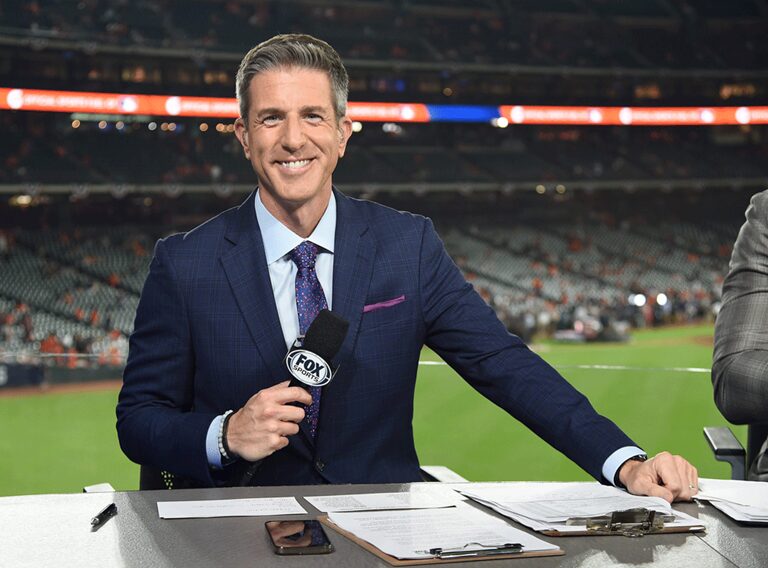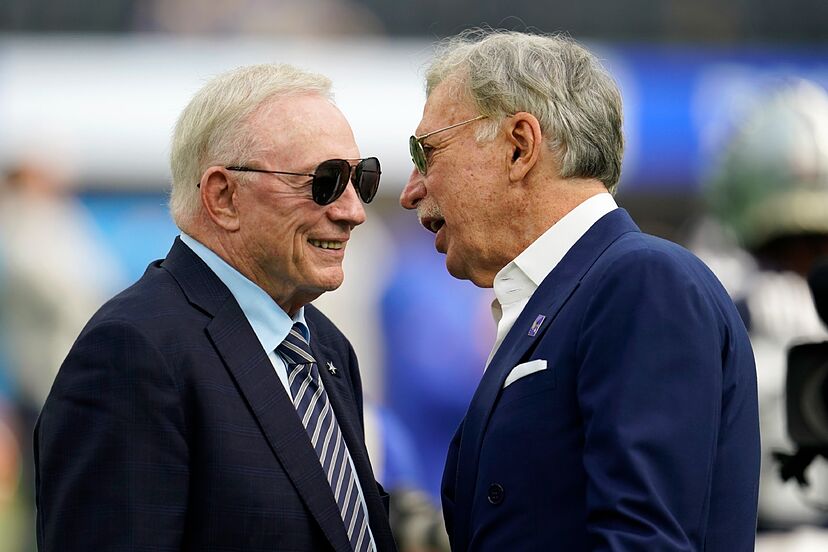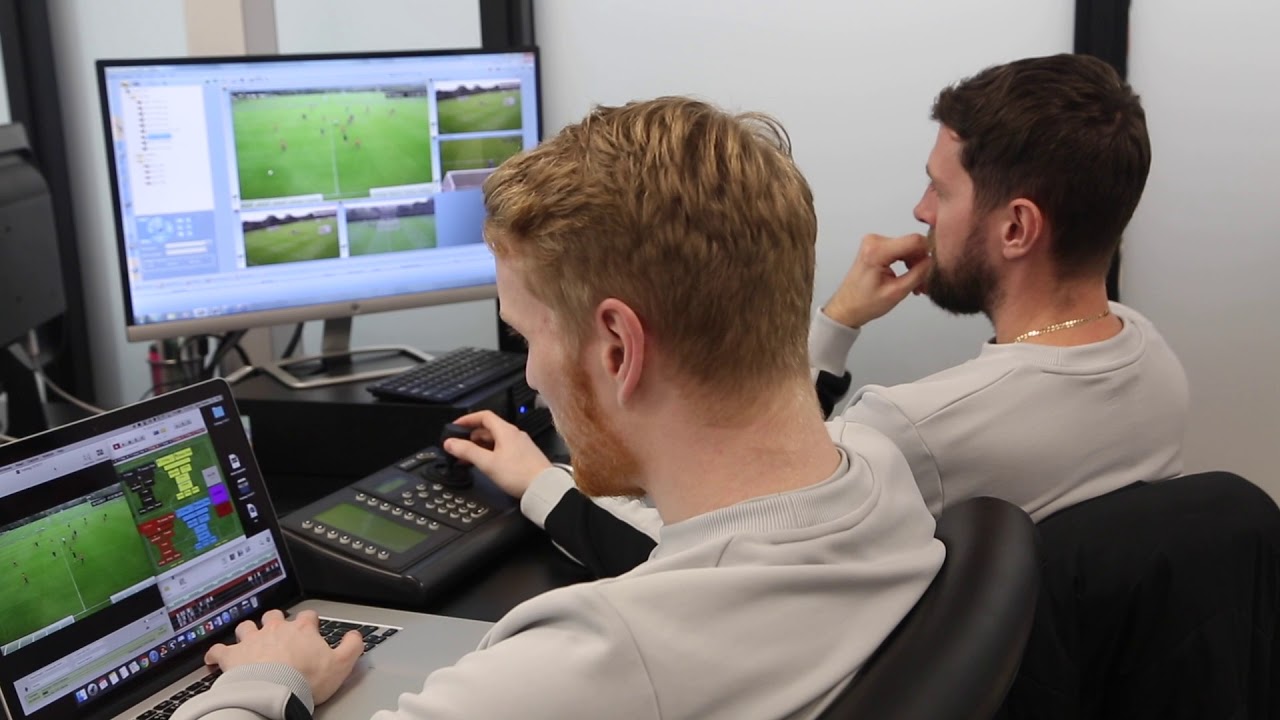Sports are often glamorized as a realm of excitement, fame, and fortune. While many roles in this industry offer unique experiences, some positions don’t live up to the hype. The reality of these jobs can be quite different from the glamorous image they project. Let’s explore the most overrated jobs in sports and why they might not be as cool as they sound. For an in-depth look at football and its cultural impact, check out northernelitefootball.com.
1. Professional Athlete

Professional athletes are often idolized for their talent, fame, and wealth. The image of scoring the winning goal or hitting a home run is tantalizing. However, the reality involves grueling training schedules, constant pressure to perform, and a high risk of injury. Athletes also face short career spans, with many retiring in their 30s, leaving them to figure out the rest of their lives.
The Financial Illusion
While top athletes earn significant salaries, the majority do not. The pressure to maintain peak physical condition, along with the lack of job security, can make this career path less appealing than it seems. Many athletes struggle with financial management, leading to issues post-retirement.
2. Sports Agent

Sports agents are often portrayed as power brokers, negotiating multi-million dollar deals for their clients. The image of agents hobnobbing with celebrities and athletes gives the impression of a glamorous lifestyle.
The Real Work
In reality, sports agents often work long hours and face intense competition. The job involves a lot of behind-the-scenes work, such as contract negotiations, marketing deals, and handling legal matters. The pressure to secure the best deals for clients can be stressful, and the financial rewards are not guaranteed, especially for those representing less prominent athletes.
3. Sports Broadcaster

Being a sports broadcaster appears to be a dream job for many sports enthusiasts. The idea of traveling to major events, interviewing famous athletes, and sharing opinions on live television is enticing.
The Behind-the-Scenes Grind
However, the reality involves irregular hours, extensive travel, and the constant pressure to deliver engaging content. Broadcasters must also deal with the public’s scrutiny and criticism. The job requires extensive preparation, from studying teams and players to staying updated on the latest sports news. Moreover, breaking into the industry is highly competitive, with many aspiring broadcasters vying for limited positions.
4. Sports Coach

Coaching is often seen as a prestigious position where one can inspire and lead a team to victory. The idea of being the mastermind behind a successful team appeals to many.
The High Stakes
Coaching, however, is a high-pressure job with limited job security. Coaches are often judged solely on their team’s performance, leading to a “win or get fired” mentality. The long hours, intense preparation, and constant media scrutiny can be overwhelming. Additionally, coaches must manage the egos and expectations of players, fans, and management, making it a challenging role.
5. Team Owner

Owning a sports team seems like the ultimate status symbol. The idea of being in control of a major sports franchise, making executive decisions, and enjoying luxury box seats at games is appealing.
The Financial and Emotional Investment
In reality, team ownership is not as glamorous as it seems. It requires a significant financial investment, and profitability is not guaranteed. Owners face the pressure of making decisions that affect the team’s performance and financial health. They also have to navigate complex relationships with players, coaches, and fans. The emotional rollercoaster of wins and losses can be draining, and the public scrutiny can be intense.
6. Sports Photographer

Sports photography offers a front-row seat to some of the most thrilling moments in sports. Capturing iconic shots of athletes in action can seem like a dream job for photography enthusiasts.
The Practical Challenges
However, the reality involves long hours, demanding physical work, and unpredictable schedules. Photographers often work in challenging environments, from harsh weather conditions to crowded stadiums. The pressure to capture the perfect shot, often within seconds, can be stressful. Moreover, the industry is highly competitive, with many photographers vying for limited opportunities.
7. Sports Journalist

Sports journalism is often romanticized as a job filled with travel, exclusive interviews, and insider access to major events. The idea of being the first to break news or write compelling stories about favorite teams and players is attractive.
The Rigorous Routine
The reality involves tight deadlines, extensive travel, and the constant pressure to stay ahead of the competition. Sports journalists must constantly research, write, and report, often under intense pressure. The job requires a deep understanding of the sports industry, as well as the ability to build relationships with athletes, coaches, and other insiders.
8. Sports Analyst

Sports analysts are seen as experts who break down games, analyze player performances, and predict outcomes. The role appears to be intellectually stimulating and offers a platform to showcase sports knowledge.
The Demanding Expectations
In reality, sports analysts face the pressure to provide insightful and accurate analysis consistently. They must constantly stay updated on the latest trends, statistics, and developments in the sports world. The job requires extensive preparation, from watching games to analyzing data. Analysts also face public scrutiny and criticism, especially when their predictions or opinions are off the mark.
9. Sports PR Specialist

Sports public relations specialists are responsible for managing the public image of athletes, teams, or sports organizations. The job seems glamorous, involving media appearances, event planning, and crisis management.
The Stress of Managing Public Perception
The reality involves long hours, constant monitoring of media coverage, and handling crises that can arise at any moment. PR specialists must carefully craft messages and manage relationships with the media, fans, and stakeholders.
The job requires excellent communication skills and the ability to think on their feet. The pressure to maintain a positive image for clients can be intense, and the work often goes unnoticed unless there’s a crisis.
Conclusion
While these jobs in sports come with unique perks, they also involve challenges and realities that are often overlooked. It’s essential to understand the full picture before pursuing a career in the sports industry.
The real money is without a doubt in technology. Read insights into the intersection of sports and technology, check out sports and health tech.









